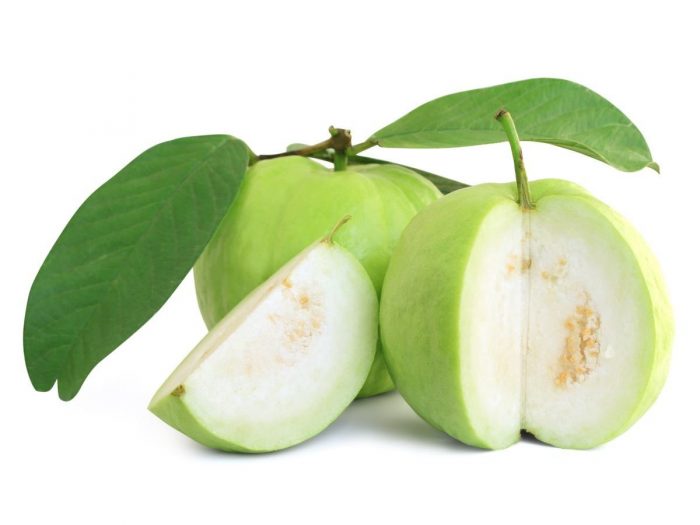Do you like fruits? I love eating most of them because
they are refreshing. However, do you know that Thai people use some fruits as
slang words too! So, today we will learn Thai slangs about fruit. Let’s check
them out.
1. ฝรั่ง /fà-ràng/ (Guava) = Westerner

It is a very common slang word to call westerners. It is
originally from Persian language “ferang, ferangi, feringhi” means Europeans.
In Ayutthaya period, people contacted Europeans to trade things and we use this
Persian word to call all Europeans.
For example:
ร้านอาหารนี้ไงที่ฝรั่งชอบไป /ráan-aa-hǎan
níi ngai tîi fà-ràng chͻ̂ͻp bpai/
Here, this restaurant, remember?, where westerners like
to go.
2. ลำไย /lam-yai/ (Longan) =
annoying, slow
We use the word “ลำไย /lam-yai/”
because the sound is similar to “รำคาญ /ram-kaan/” which
means “annoyed” in Thai.
For example:
โอ๊ย ลำไย เดินเร็วๆ หน่อยได้ไหม /óoi..
lam-yai, dǝǝn reo-reo nͻ̀ͻi dâi mái?!/
Annoying! Can you walk faster?
3. สตรอเบอ์รี่ /sa-dtrͻͻ-bǝǝ-rîi/
(Strawberry) = lie, liar
It is originally from the words “ตอแหล /dtͻͻ-lɛ̌ɛ/”
in Thai, but this word is quite rude, so we try to make it sounds softer.
For example:
อย่ามาสตรอเบอร์รี่ ฉันไม่เชื่อเธอ
/yaa maa sa-dtrͻͻ-bǝǝ-rîi, chán mâi chʉ̂a tǝǝ/
= Don’t lie! I don’t believe you.
4. กล้วย /glûai/ (Banana) = Easy
It is from the proverb, “ง่ายเหมือนปอกกล้วยเข้าปาก”
= as easy as peeling bananas and putting it in your mouth (Eng. As easy
as pie.)
For example:
เรื่องนี้กล้วยมาก ทำได้แน่ๆ /rʉ̂ang
níi glûai mâak. tam dâi nɛ̂ɛ- nɛ̂ɛ/
This is very easy. I can do it for sure.
5. อ้อย /ͻ̂ͻi/ (Sugarcane) = flirt,
seduce, pose sexily

It sounds similar to “อ่อย /ͻ̀ͻi/”
for “flirty, seduce, pose sexily”
For example:
เขาพยายามอ้อยเธอทุกวัน เธอไม่สนใจหรอ /káo paa-yaam ͻ̂ͻi tǝǝ túk wan, tǝǝ mâi sǒn-jai káo rͻ̌ͻ?/
He tries to flirt with you every day. Aren't you interested in him?
See you next blog ka!
Jang
Comments
Post a Comment